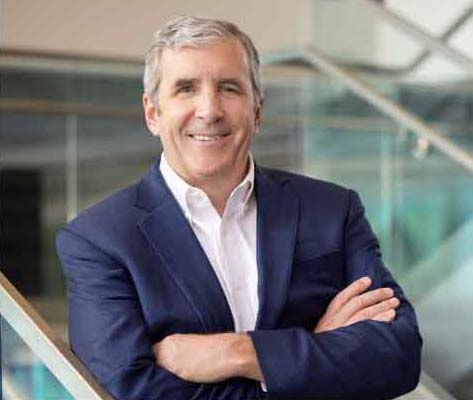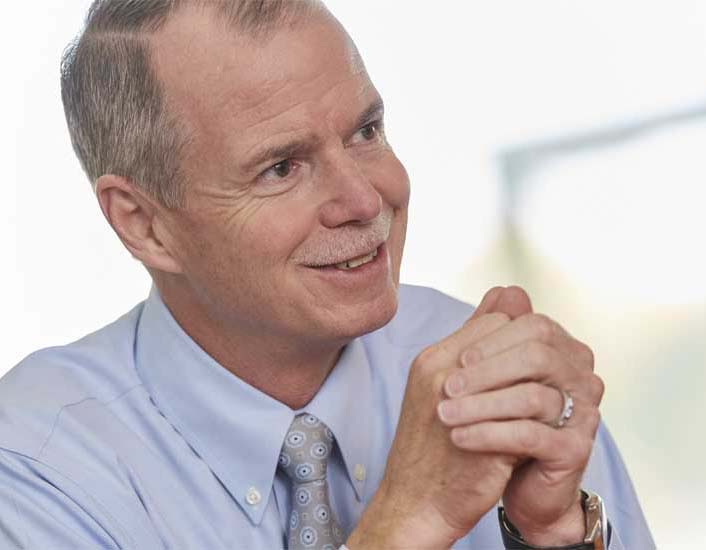It was a record-setting year for many large HVAC manufacturers. A combination of continued consumer spending and increased interest in IAQ drove sales throughout the year. Higher costs driven by supply chain issues ate into the profits for most companies, however.
Carrier Corp. executives reported that the company’s first full year as an independent company “exceeded expectations.” United Technologies spun off Carrier in the spring of 2020. Carrier reported fourth-quarter sales of $5.1 billion, up 12% from the same period in 2020. For the year, sales increased by 18% to $20.6 billion.
“Our fourth-quarter results, including double-digit sales and adjusted net income growth, as well as adjusted operating margin expansion, served as a great conclusion to a year marked by strong execution and innovation. I am very pleased with the strategic progress we made in 2021, including the launches of our global digital platforms for buildings and cold chain solutions, Abound and Lynx,” said Carrier Chairman & CEO Dave Gitlin.

LOWER SUPPLY: Trane CEO David Regnery said the company saw strong performance despite unprecedented inflationary and supply chain challenges.
Trane Technologies PLC reported record fourth-quarter revenue and bookings for its operations in the Americas. Bookings were up 33% and sales were up 15%. Trane also reported a record backlog to start 2022.
"We delivered another year of strong performance in 2021 through our unwavering focus on our purpose-driven strategy and despite unprecedented inflationary and supply chain challenges," said Trane CEO Dave Regnery.
Supply Chain Issues Create Pressure
Johnson Controls International PLC also reported double-digit sales growth in the quarter ending December 1, 2021. Sales increased 10% compared to the prior year.
“Order and revenue performance reflects continued robust demand for healthy, smart, and sustainable building solutions as well as our teams’ unwavering focus on serving our customers’ needs,” said Johnson Controls CEO George Oliver.

INCREASED DEMAND: Johnson Controls CEO George Oliver said order and revenue performance reflect continued robust demand for healthy, smart, and sustainable building solutions.
The company did face increased pressure from ongoing supply chain and labor constraints, said Olivier Leonetti, Johnson Controls’ chief financial officer. Leonetti said the company is sticking to its earlier growth forecasts despite these pressures.
Lennox International Inc. set revenue records for both the year and the quarter. The company reported that revenue rose 6% year-over-year to $965 million. For the year, revenues came in at $4.9 billion, a 15% increase over 2020.
"COVID-19 and global supply chain disruptions continued to have a significant impact on operations in the fourth quarter as expected, and reported financial results were also impacted from having 6% fewer days than in the prior-year quarter," said Lennox CEO Todd Bluedorn. "In the face of these challenges, the team performed extremely well.”
Residential revenue was up 12% on double-digit growth in both replacement and new construction business. Commercial revenue was down 11% as the segment continues to struggle with the effects of the pandemic. Bluedorn said Lennox executives expect commercial revenue to resume growth in the first quarter and profitability to be up by midyear.
Efficiencies Offset Some Increased Expenses
Modine Manufacturing Co. reported net sales of $502.2 million in the quarter ended December 31, 2021. This was an increase of 4% from the prior year. Modine CEO Neil D. Brinker said pricing adjustments helped offset inflationary pressures, such as higher raw material prices.
Still, gross profit decreased 10% in the quarter to $74.6 million, and gross margin decreased by 220 basis points to 14.9%. Both of these were impacted by higher material prices, including underlying metal prices and related premiums, fabrication, freight, and packaging costs, compared to the prior year. The higher material prices were partially offset by improved operating efficiencies, Brinker said.
Building HVAC system segment sales were $90.6 million, compared with $73.7 million one year ago. This increase was driven primarily by higher sales to data center and commercial HVAC customers. The higher commercial HVAC sales were driven by higher sales of ventilation and heating products.
Commercial and industrial solution segment sales were $148.6 million, compared with $124.9 million one year ago, an increase of 19%. This increase was driven by higher sales to commercial HVAC and refrigeration customers and favorable pricing adjustments in response to raw material price increases.
Resideo Technologies Inc. reported record revenue of $2.5 billion for the year, up 16% compared to 2020. Net revenue for the fourth quarter declined slightly, coming in at $1.45 billion, down from $1.5 billion in the same period a year before. The gross profit margin and operating profit both declined as well. Resideo CEO Jay Geldmacher said while Resideo implemented several price increases during 2021, these price movements did not fully offset input and logistics cost increases for the full year. Cost pressures from materials and price realization came more into balance during the fourth quarter, although lower volumes weighed on gross margin during the period.
"The team executed through a challenging supply chain environment, stepping up to deliver for our customers,” Geldmacher said. “This operational execution and early returns on our transformation efforts and investments resulted in meaningful growth in earnings and cash generation."
Burnham Holdings Inc. reported net sales of $218.5 million in 2021, an increase of $31 million from the prior year. Sales increased due to more normal winter weather compared to 2020, along with improved economic conditions. Sales of residential heating products in 2021 increased by 22.3% compared to 2020, as its key market areas rebounded significantly. Sales of commercial boiler products were basically flat in 2021 as overall demand for commercial equipment continued to be depressed.
The company reported that major difficulties in hiring and retaining negatively impacted qualified employees’ profitability. Also, multiple supply chain issues resulted in numerous shortages of critical materials. The biggest impact was on Burnham’s Casting Solutions, its gray iron foundry that supplies critical parts to its cast-iron boiler businesses.



Report Abusive Comment